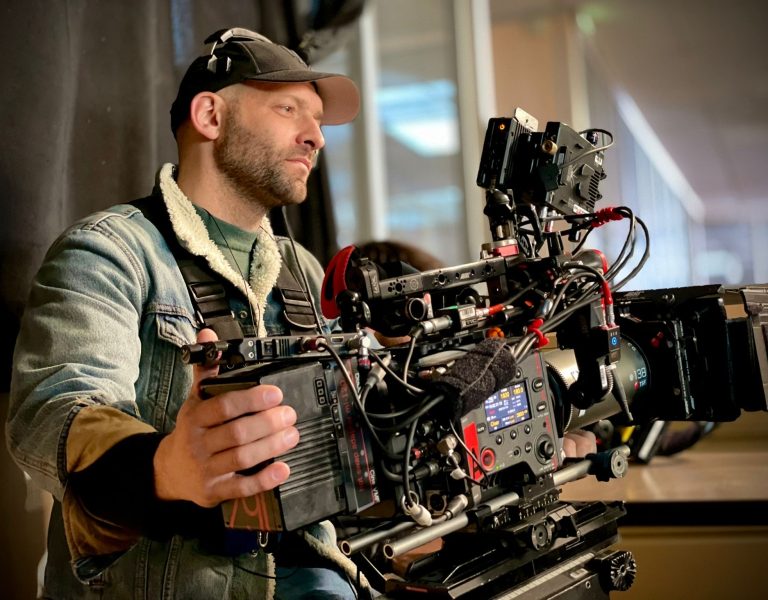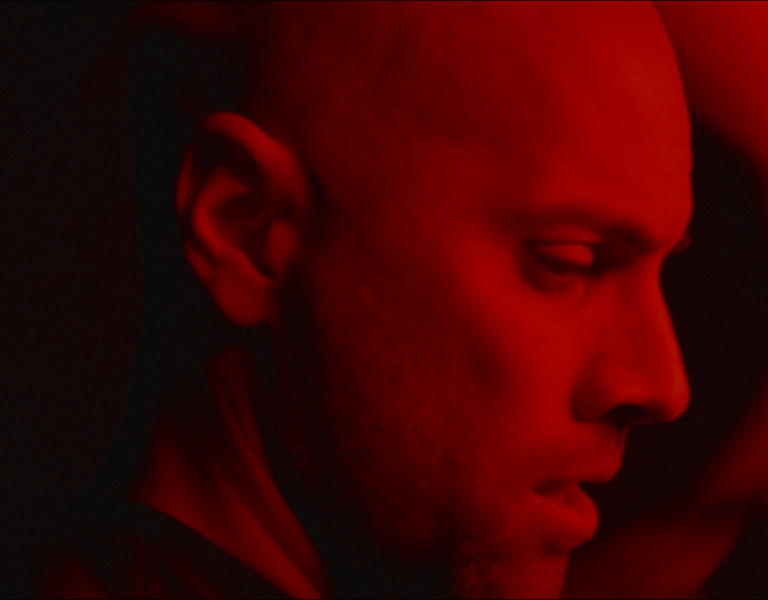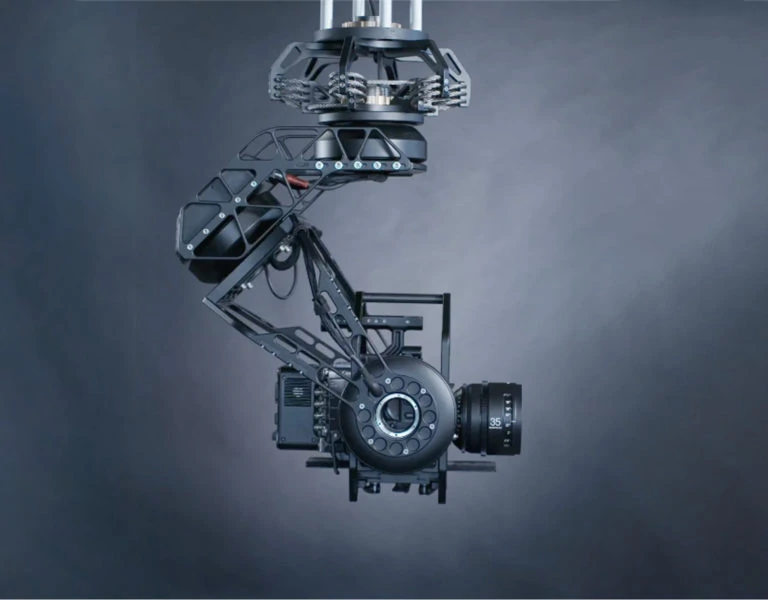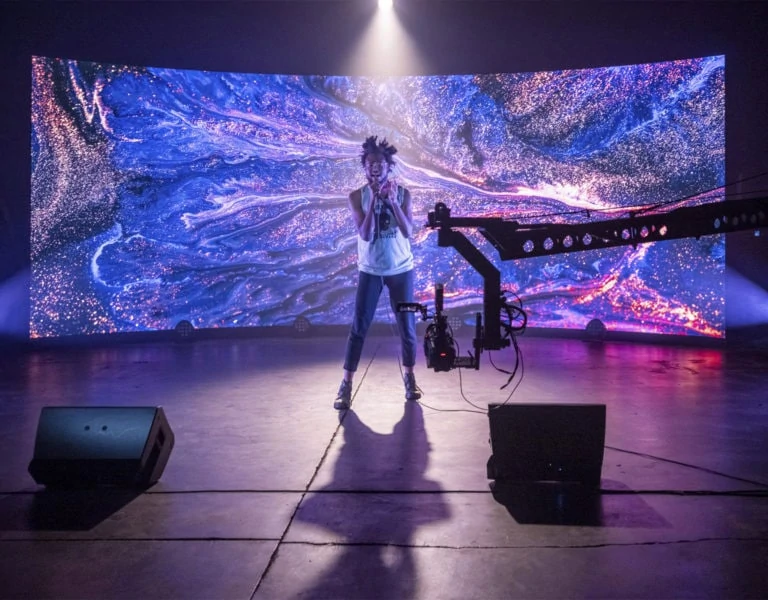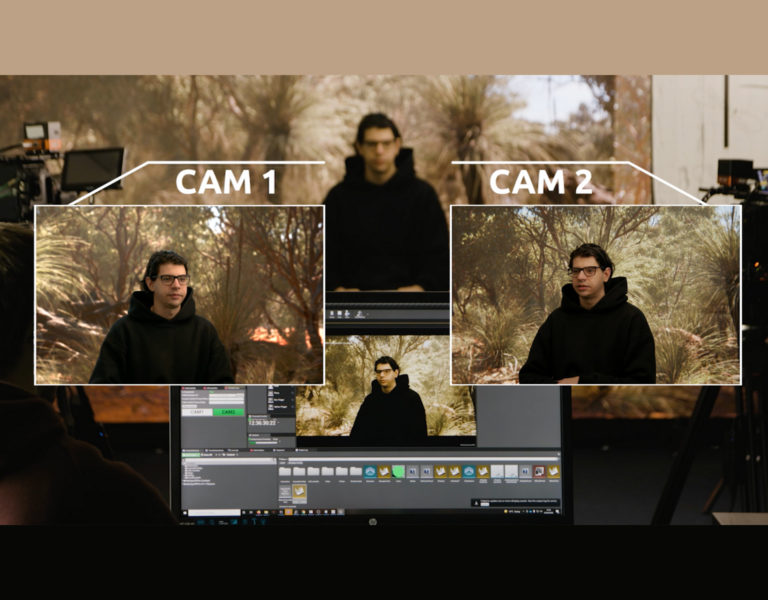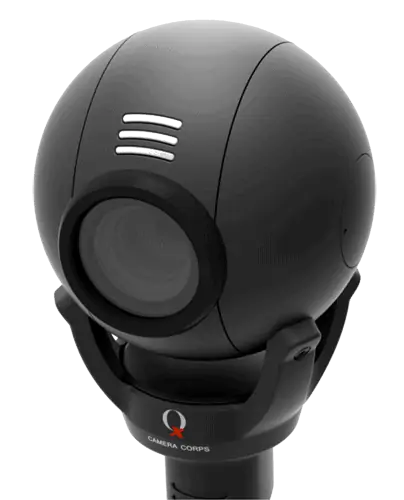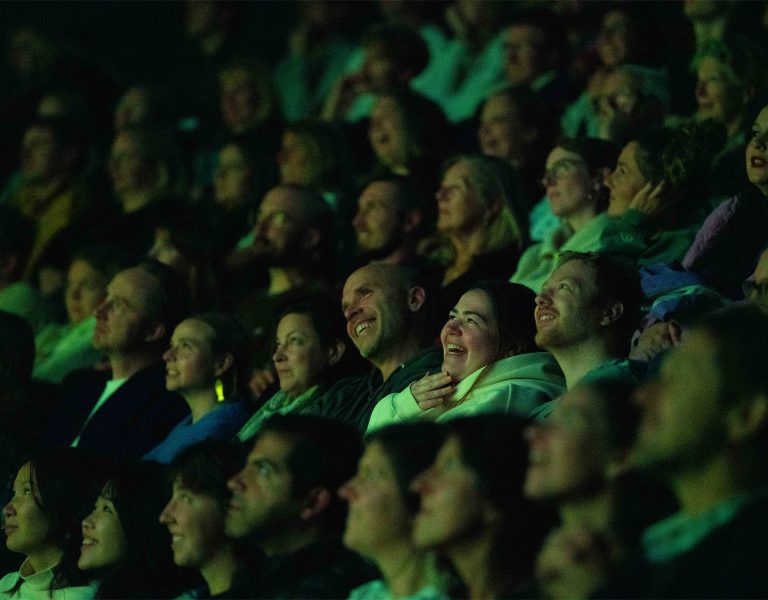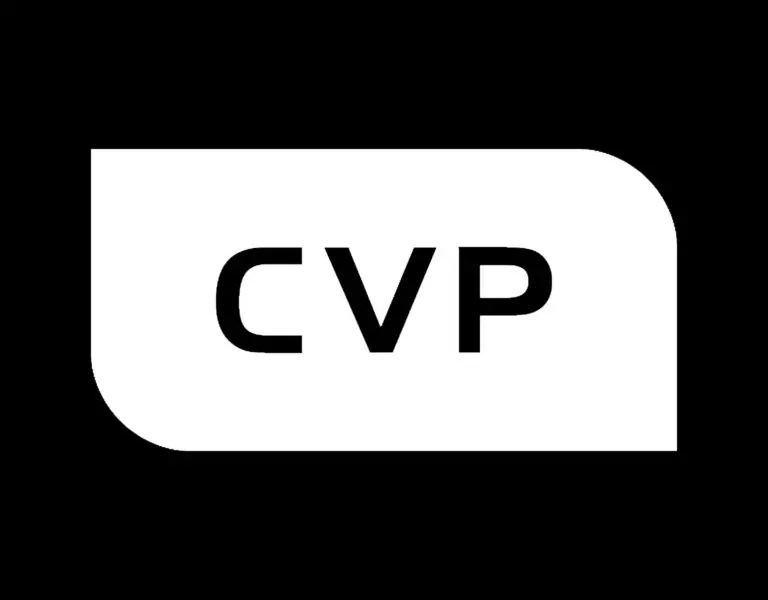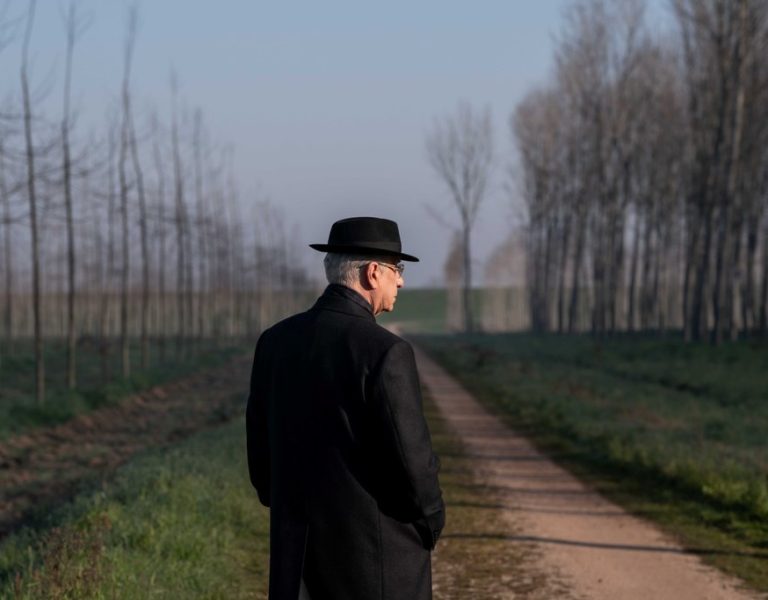Mo-Sys updates the G30 gyro-stabilised camera mount
Jun 9, 2023
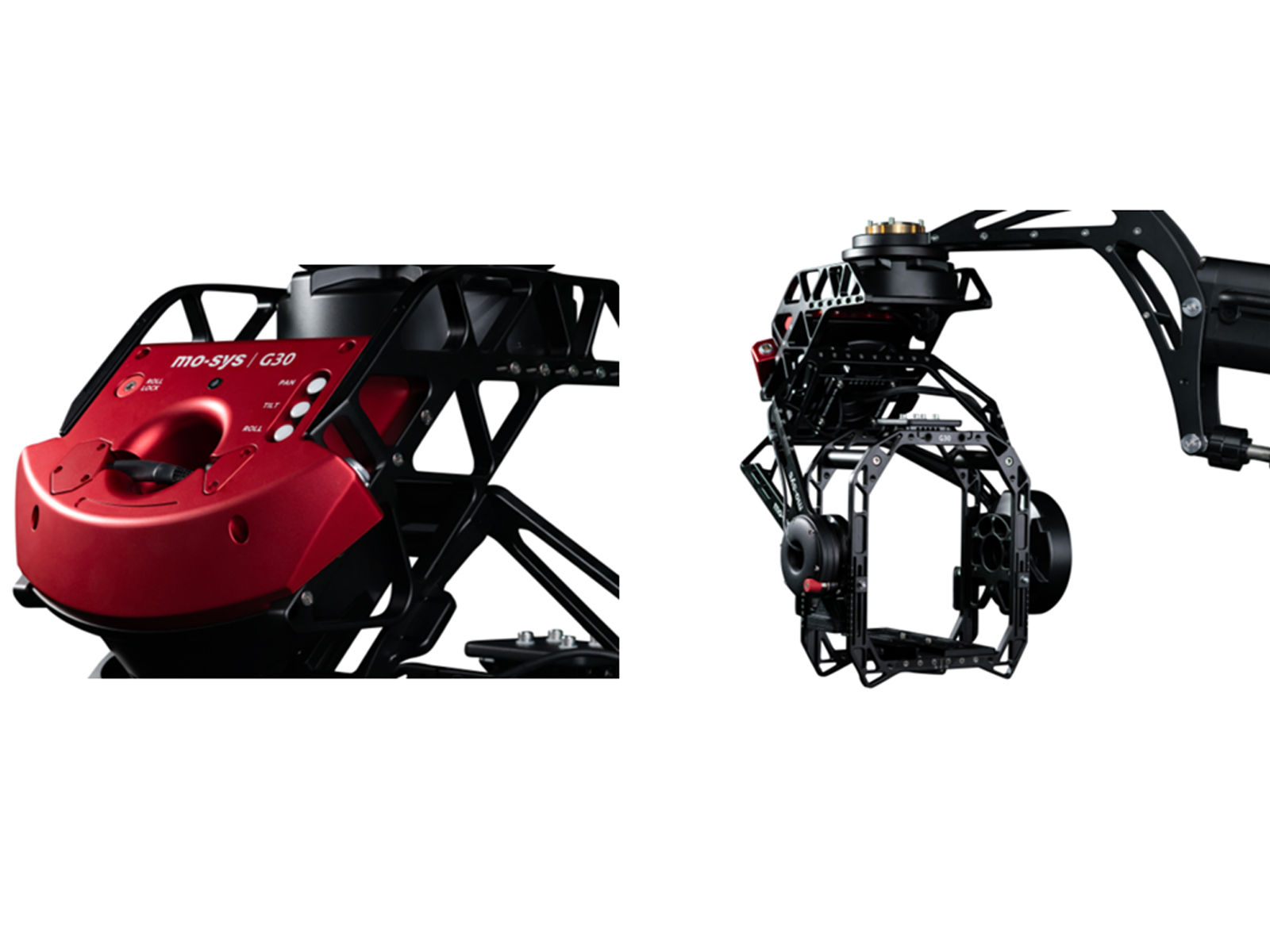
Mo-Sys Engineering, a world leader in image robotics, virtual production and remote production solutions, has updated its G30 heavy-duty gyro-stabilised remote head.
Designed to provide silent operation and capture beautifully smooth cinematic shots, the G30 offers precision movement with superior image stabilisation together with simple tech-less operation in a cost-effective package.
Incorporating several customer-led upgrades, the new G30 is a radical rethink of the traditional heavy-duty stabilized remote head. The rigid 45˚ frame geometry supports camera payloads of up to 30kg/66lbs and has been engineered to eliminate the risk of gimbal lock.
The G30 balancing process has been further improved with the introduction of innovative indexing plungers. These enable the operator to lock off each axis independently during set-up while also aiding safe transportation.
Keeping the operator in mind, multiple 3/8” accessory mounting points have been added while the thoughtful re-design also sees the introduction of engraved measurement markings to all sliding components for rapid deployment and fine adjustment.
An enlarged right side tilt motor through-hole protects cables and reduces congestion, allowing more cables to pass freely through the centre and customers can now specify an optional wireless control module, allowing for up to 300m remote control.
The G30 ships with an intuitive digital display console. Taking its design cues from the automotive industry it has a shallow menu structure, clear displays showing the current parameter values, and physical controls for direct, tactile operation. It can be used with pan bars, cine wheels or a broadcast console to give the operator the intuitive response needed for the production.
“The G30 already has a reputation for meeting the real creative needs of cinematographers,” said Michael Geissler, CEO of Mo-Sys. “In developing the next generation of this gyro-stabilized head, we have listened to our users and made something that is even easier to rig, even more intuitive to operate, and even more precise and repeatable in its moves and positioning. We know that cinematographers are always under pressure to get the shot quickly, which is why we give them tools which they understand instinctively.”


